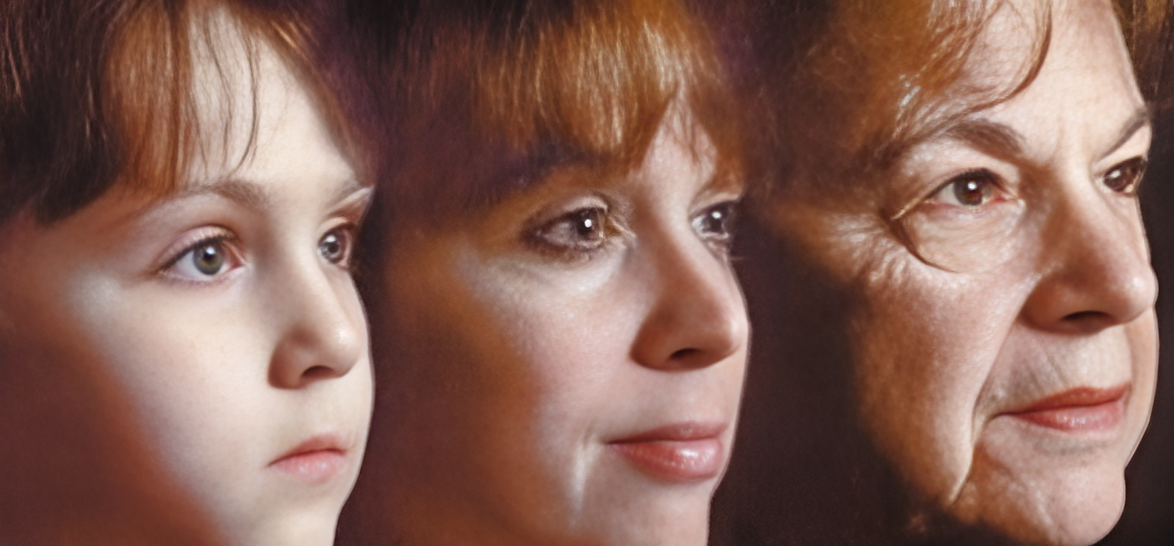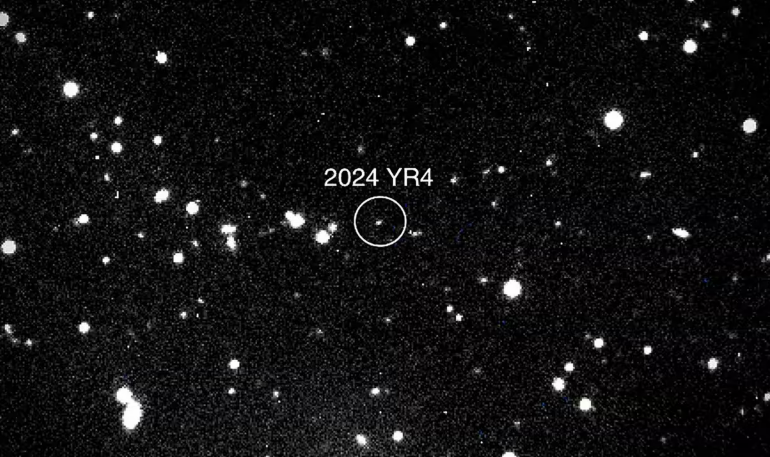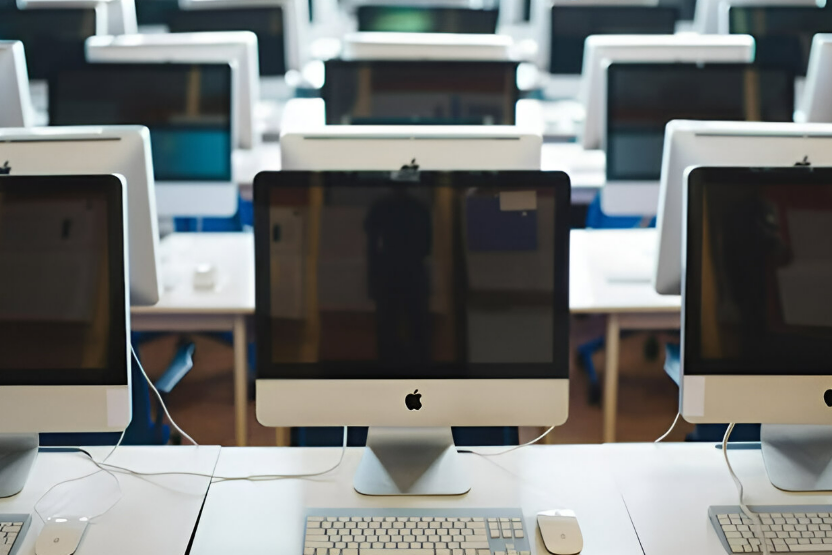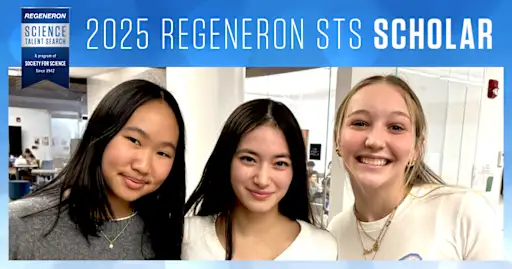This year, Greeley welcomed Ms. Loprinzo as a new environmental science teacher. She grew up in New York and has taught in the state for several years. She explores nature both in her classroom and as a hobby outside of school.
Q: Where did you grow up, and how did that influence your views on the environment?
A: I grew up not far from here, in Dutchess County. I went to John Jay East Fishkill for high school. Our school was next to the old IBM building, so the water surrounding the school was always a little… you know. We were unsure about what was going on there. So it starts to make you think about what’s happening around you and how it affects you. Does it affect the water that you’re drinking? Does it affect the power that you’re using? And so on and so forth. I definitely think that the big businesses around [me] sort of made me aware of things. Was that necessarily what stood at the forefront of my mind? Not really, but it was there so that when I got older and started to learn more about things, I could reflect on that and be like, oh, things were happening around me in that sense. Also, in terms of growing up, my dad worked in nuclear power, so I was very exposed to the benefits and disadvantages of that. I think that I could bring that into my classroom, and I think that was really important.
Q: Where have you taught in the past?
A: I taught down in the Rye Neck school district. I was there for eight years.
Q: What are some of your hobbies outside of the classroom?
A: I am a new parent. I have a one-year-old, so I don’t have much time for hobbies like I used to, but I try to take her around with me. I also like to go hiking. Now, they’re more nature walks because strapping a kid to you and going up a mountain is much more difficult now that she’s 20 pounds. [But] I try to get outside. I also take my dog with us, so it’s a whole family affair. I like to do things in town; I go to farmer’s markets and craft fairs and such. I used to be a reader a lot more before I started school again. But I try to get some reading in any time I can.
Q: What do you think is the most important thing for your students to take away from your classroom?
A: I would say that, sure, [in terms of] content, you want them to learn things, but really I want them to remember the experience in the class. I want them to remember if they enjoyed the course or not. I try to make it interactive for them, but I also want them to remember how I treat them. I just want them to know that I care about them.
Q: What has been your favorite thing about Greeley so far?
A: One thing is that the students are really nice here. Being new, you’re always kind of worried about what your classes will be like, and I felt that the students have been super respectful and honest, and I feel like we can have regular conversations. So that’s been very comforting. Also, the teachers here have been super supportive. The science department is very good at making you feel like you being successful is their success. So, I’ve gotten a very good welcome here.
Q: Why did you choose to teach environmental science?
A: [Previously,] I was very much in the physical science space. So, it was very cut and dry: “This is what it is,” “This is what happens,” and “These are the laws of how things work.” You can’t really go much from there, right? You can have lots of examples, and you can try to see it. In environmental science, you can kind of see how the different laws and the different systems affect each other. So, I think it’s just a broader understanding of many more scientific concepts. It teaches me a lot, which helps me teach the students a lot. I think that it’s more encompassing.
Q: What do you think of Greeley’s sustainability habits?
A: I think that what [we’re] doing here is way beyond what other schools are doing, coming from another school where sustainability was not at the forefront. So much not on the forefront that some classrooms didn’t even have proper recycling; it all [went] into one bin. I can appreciate that [Greeley is] focusing on [sustainability] and we’re trying to put more value into it and trying to make students more aware. Because if we don’t make students aware of it, then they’re gonna grow into adults that are not aware of it. I think that the awareness here is really great. I wish more people knew more about the greenhouse. I brought my students in there, and some of them were like, I didn’t even know this was here. Trying to find more opportunities for the students to be more sustainable and to focus on their sustainability would be a goal.
Q: How are you maintaining Greeley’s values of inclusion and sustainability in your classroom?
A: For sustainability, I think the environmental course kind of speaks for itself. We’re going to spend a lot of time looking at sustainable methods and techniques on a larger scale. And then we’re gonna use that to propose solutions on a smaller scale. I’m going to try and bring that into my Earth Science class as well because we will be learning about all of these large-scale systems and how things affect those systems. I think that I can tie that value into that class.







